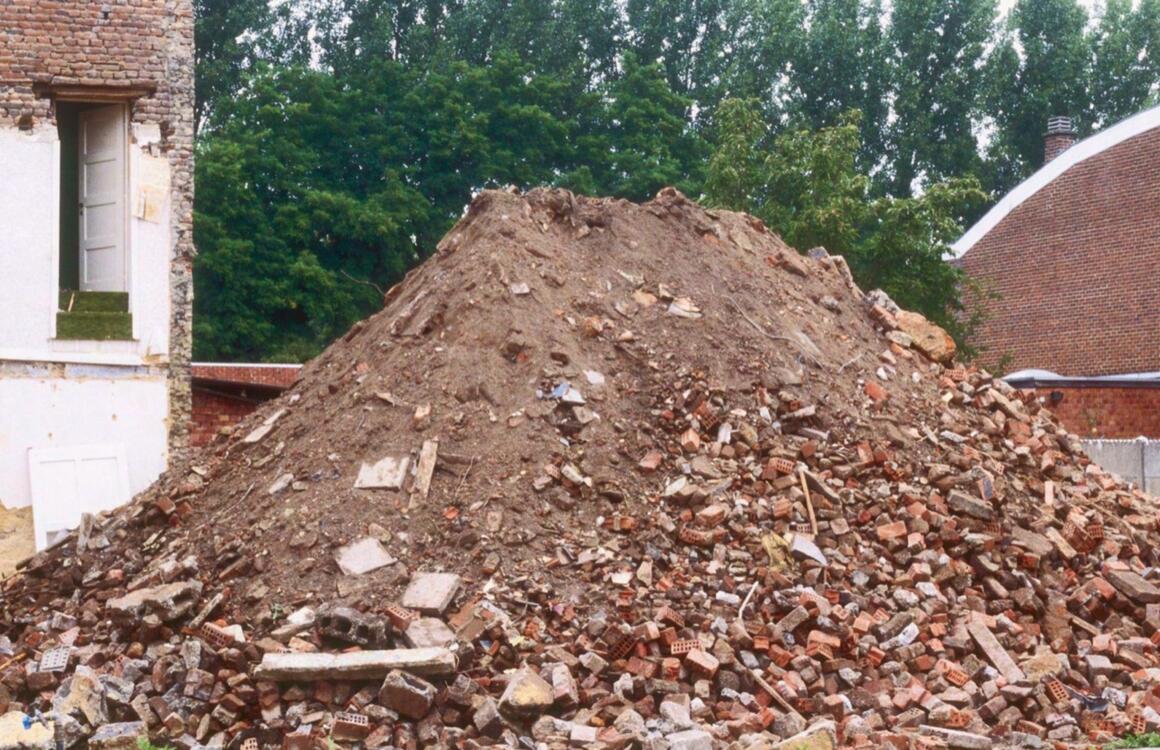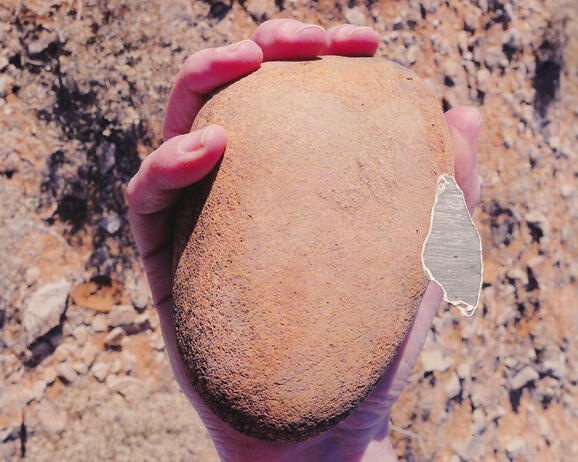To build is to destroy, writes Charlotte Malterre-Barthes. From steel bolts to concrete blocks to wood flooring to polyester insulation panels, every single component of the built environment is the product of extractive processes. Driven by greedy economies, the global enterprise of space production expands, impacting climate, earth, water, humans, and non-humans everywhere. However housing is both a human right and the mandate of design disciplines: How to navigate the need for housing versus the destructive practice of construction?
To pause new construction—even if momentarily, creates a radical thinking framework for alternatives to the current regime of space production and its suspect growth imperative. Engaging with unsettling questions, A Moratorium on New Construction envisions a massive value shift for our existing stock. From housing redistribution to reinviting value generation, from anti-extractive measures to profound structural changes, from curricula reforms to purging the exploitative culture of the office, an entire rewiring of design processes and construction lays ahead.
Somewhere between a thought experiment and a call for action, A Moratorium on New Construction is a leap of faith to envision a less extractive future, made of what we have: Not demolishing, not building new, but building less, building with what exists, inhabiting it differently, and caring for it.
Presentations by Charlotte Malterre-Barthes and Lara Almarcegui. Moderated by Nikolaus Hirsch.
BOOK HERE
Charlotte Malterre-Barthes is Assistant Professor at the Swiss Federal Institute of Technology-EPFL, where she leads the laboratory RIOT. Malterre-Barthes’ interests relate to urgent aspects of contemporary urbanization, material extraction, climate emergency, and social justice. While Assistant Professor of Urban Design at Harvard University, she started the initiative ‘A Global Moratorium on New Construction,’ interrogating current development protocols. Malterre-Barthes holds a Ph.D. (ETH Zurich) on the political economy of commodities and the built environment and is a founding member of the Parity Group (Meret Oppenheim Prize 2023) and the Parity Front, activist networks dedicated to equality in architecture.
Lara Almarcegui has built up an artistic practice around exploring the material aspects of land and urban space. For over twenty years, she has worked in different cities, identifying abandoned, unused, or forgotten sites and examining the contemporary transformation processes brought about by social, political, and economic change. In recent years, Almarcegui has turned her attention to construction sites, in particular the composite materials used in the construction of new buildings and the cyclical relationship between land and architecture.
Almarcegui has completed commissions for numerous international biennials and represented Spain at the 55th Venice Biennale (2013). She is represented by Gallery Ellen de Bruijne Projects in Amsterdam and Mor Charpentier, Paris.
Publisher: Sternberg Press

